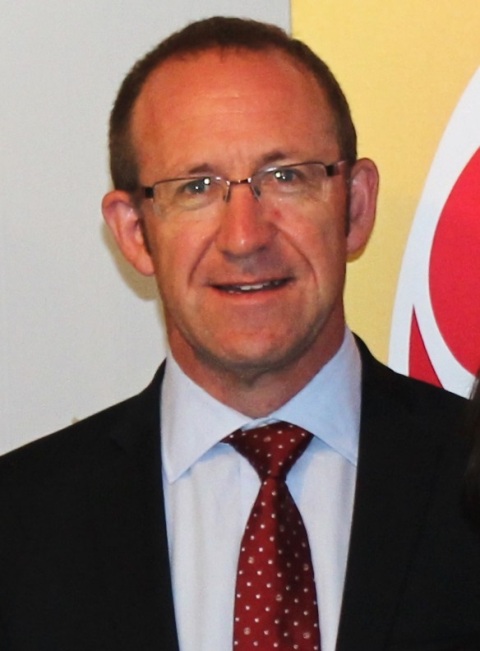Health research getting crucial support in latest funding
“The Government is committed to improving the health and wellbeing of all New Zealanders, and research is a vital part of the plan,” Andrew Little said.

- Country:
- New Zealand
Research into some of New Zealanders’ biggest health concerns including cancer, diabetes, and heart disease is getting crucial support in the latest round of health research funding, Health Minister Andrew Little announced today.
The funding, awarded through the Health Research Council of New Zealand, covers 31 General Project grants ($36.64 million), five Rangahau Hauora Māori grants ($5.91 million), five Pacific Project grants ($5.79 million), and four Programme grants ($19.99 million).
“The Government is committed to improving the health and wellbeing of all New Zealanders, and research is a vital part of the plan,” Andrew Little said.
“This significant investment has the potential to vastly improve the health of New Zealanders.
“The research will investigate issues ranging from vaccine hesitancy through to improving genetic diagnoses for tamariki across Aotearoa,” Andrew Little said.
Included among the successful applications are projects led by Māori and Pacific researchers and driven by Kaupapa Māori and Pacific research methodologies that will help to reduce inequities in health for Māori and Pacific peoples.
One of the researchers receiving a grant in today’s announcement is Dr Jason Gurney (Ngāpuhi) who holds an HRC Māori Health Research Emerging Leader Fellowship. He is being awarded nearly $800,000 to explore the growing crisis of diabetes and cancer co-occurrence and its impact on what happens to people with cancer.
The epidemiologist and senior research fellow at the University of Otago in Wellington want to improve the quantity and quality of life for Māori and Pacific peoples who develop the diseases.
The two-year research project is a collaboration between the C3 Research Group and Professor Ross Lawrenson’s research group at the University of Waikato. It will explore the rapidly increasing rates of diabetes and cancer within Māori and Pasifika populations, and the impact of it becoming increasingly common for one person to have both conditions.
“As I said earlier this year when I announced a major reform of the health system, Māori and Pacific's peoples are twice as likely to die young from conditions that could have been treated, and being Māori or Pacific even determines what sort of treatment you get.
“Our plan for dealing with this includes looking at why that is happening and finding effective ways to deal with it. Dr Gurney’s research will help, and will also allow us to predict how many people are likely to have both diseases in future so we can plan for that.
“The projects funded this year show New Zealand developing innovative approaches that will have an immediate effect on the health system, and that it has an agile and capable research sector that can respond to community needs and emerging health threats,” Andrew Little said.
More information and the full list of successful projects can be found on the Health Research Council’s website.
(With Inputs from New Zealand Government Press Release)
- READ MORE ON:
- Andrew Little
- Ross Lawrenson










